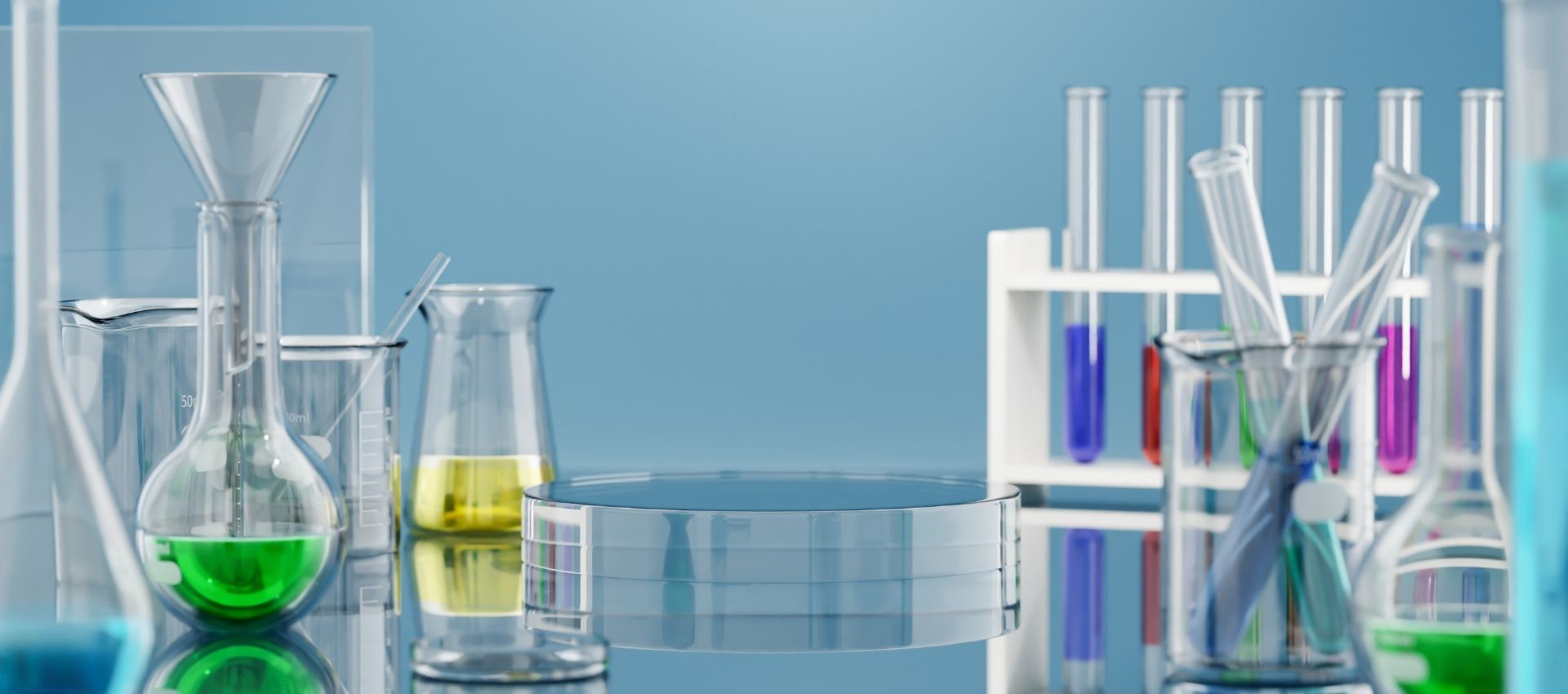Chemicals
The chemical industry supplies critical inputs to sectors like agriculture, construction, and manufacturing. It spans basic, specialty, and agrochemicals. Sustainability and green chemistry are reshaping production. Innovation, regulation, and energy costs influence trends, while bio-based alternatives and circular economy practices gain momentum.

The Chemicals Industry is a cornerstone of global manufacturing and innovation, supplying essential raw materials and intermediates to a wide range of sectors including agriculture, construction, healthcare, textiles, automotive, and electronics. It involves the transformation of natural resources such as oil, natural gas, minerals, air, and water into thousands of useful products, from industrial solvents and polymers to specialty chemicals and active pharmaceutical ingredients (APIs).
The industry is broadly categorized into three segments: basic chemicals (including petrochemicals and fertilizers), specialty chemicals (such as additives, dyes, and adhesives), and consumer chemicals (like detergents and personal care ingredients). Each segment serves different end markets and has distinct characteristics in terms of production processes, value chains, and innovation cycles.
Basic chemicals are typically produced in large volumes and are commodity-driven. These include products like ethylene, propylene, ammonia, and chlorine, which serve as building blocks for plastics, synthetic fibers, and fertilizers. Specialty chemicals, by contrast, are manufactured in lower volumes but with higher margins, due to their specific functionalities and customization. They are often used in coatings, electronics, water treatment, and performance materials. The consumer chemicals segment caters directly to retail markets and is sensitive to trends in lifestyle and personal health.
Innovation is a key driver in the chemicals industry. Research and development efforts focus on creating higher-performance materials, improving reaction efficiency, and discovering greener production methods. Catalysis, process intensification, and biotechnology are some of the advanced techniques reshaping chemical manufacturing. Digitalization is also making inroads, with artificial intelligence and data analytics being applied to predictive maintenance, process optimization, and supply chain efficiency.
Sustainability has become a central theme in the industry. Chemical manufacturing is energy-intensive and has traditionally been associated with environmental challenges such as emissions, waste generation, and water usage. However, growing regulatory scrutiny and investor expectations are pushing companies to adopt cleaner processes, reduce greenhouse gas emissions, and shift toward bio-based and recyclable materials. Green chemistry principles are being integrated into product design and lifecycle assessment to minimize environmental impact from the outset.
The chemicals industry is global, with major production hubs in North America, Europe, China, India, and the Middle East. However, geopolitical factors, trade tensions, and raw material dependency are prompting companies to reassess their global footprints and invest in regional self-reliance and resilience. Supply chain agility, compliance with safety regulations, and access to skilled labor are becoming critical factors for competitiveness.
Mergers, acquisitions, and strategic partnerships are common strategies for portfolio expansion and market access. Companies are increasingly aligning their operations with high-growth sectors such as electric vehicles, renewable energy, pharmaceuticals, and advanced materials, where demand for specialty chemicals and tailored solutions is rising.
Looking ahead, the chemicals industry will continue to play a pivotal role in shaping sustainable industrial ecosystems. By leveraging innovation, embracing digital transformation, and aligning with global environmental goals, the industry can balance profitability with responsibility and remain a key enabler of modern life and future development.
Company
Newsletter
We have a dedicated team of specialists for you as your email.


